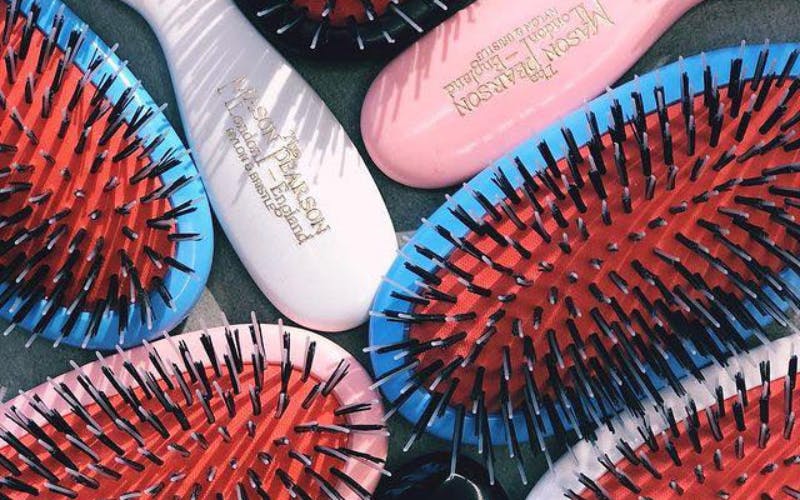The Ultimate Guide to Grill Cleaning Brushes: Bristles vs. Alternatives
Keeping your grill clean is essential for safe and delicious barbecuing. A good grill brush is your primary weapon in this battle against burnt-on food and grime. But with so many options available, choosing the right brush can be a challenge. This article will guide you through the two main types of grill brushes: bristle brushes and bristle alternatives, helping you find the perfect match for your grill.
Bristle Brushes: The Classic Choice
Stainless steel bristle brushes have been the go-to grill cleaning tool for decades. They are effective at scrubbing away tough residue, with the stiff bristles reaching into every nook and cranny of the grill grates.
Pros:
- Effective cleaning: Stainless steel bristles are tough on grime, making them ideal for heavily soiled grills.
- Affordable: Bristle brushes are typically the most inexpensive option.
- Widely available: You’ll find bristle brushes at most hardware stores and grocery stores.
Cons:
- Safety concerns: There have been cases of loose bristles becoming lodged in food, posing a health risk.
- Not ideal for all grates: Stiff bristles can scratch delicate surfaces like porcelain or cast iron.
- Short lifespan: Bristles can become bent or break off over time, requiring frequent brush replacement.
Bristle Alternatives: A Safer Option
If you’re concerned about the safety risks of bristle brushes, there are several alternatives available. These brushes use different materials or methods to clean your grill without the risk of loose bristles.
- Nylon Bristle Brushes: These brushes offer a good balance between cleaning power and safety. Nylon bristles are gentler on grill grates than stainless steel, but may not be as effective on heavily caked-on residue.
- Coiled Wire Brushes: Made from wound wire, these brushes offer a scrubbing action without the individual bristles. They are effective on tough messes and safe for most grill surfaces.
- Grill Scrub Pads: These non-abrasive pads are ideal for cleaning delicate grill grates. They may require more scrubbing than bristle brushes, but they won’t scratch the surface.
- Grill Stones: These pumice stones are a natural way to clean your grill. They are effective on baked-on grease and safe for all grill types. However, they can be messy to use and may crumble over time.
Choosing the Right Brush for You
The best grill brush for you will depend on your grill type, cleaning needs, and budget Caapus.org. Here are some factors to consider:
- Grill surface: If you have a cast iron or porcelain grill, opt for a softer bristle brush, a coiled wire brush, a grill scrub pad, or a grill stone.
- Cleaning frequency: If you grill regularly and perform light cleaning after each use, a nylon bristle brush or scrub pad might suffice. For heavily soiled grills that require a more aggressive cleaning, a stainless steel bristle brush or coiled wire brush might be a better option.
- Budget: Bristle brushes are generally the most affordable option, while grill stones and some scrub pads can be more expensive.
Additional Tips for Grill Brush Safety
- Regardless of the type of brush you choose, inspect it before each use for loose or damaged bristles. Replace the brush immediately if you see any problems.
- Preheat your grill before cleaning. This will loosen stuck-on food particles, making them easier to remove.
- Brush your grill in a well-lit area so you can easily see any loose bristles.
- After cleaning, store your grill brush in a safe place away from children and pets.
By following these tips and choosing the right grill brush, you can keep your grill clean and safe for years to come. Now get out there and fire up the grill!








